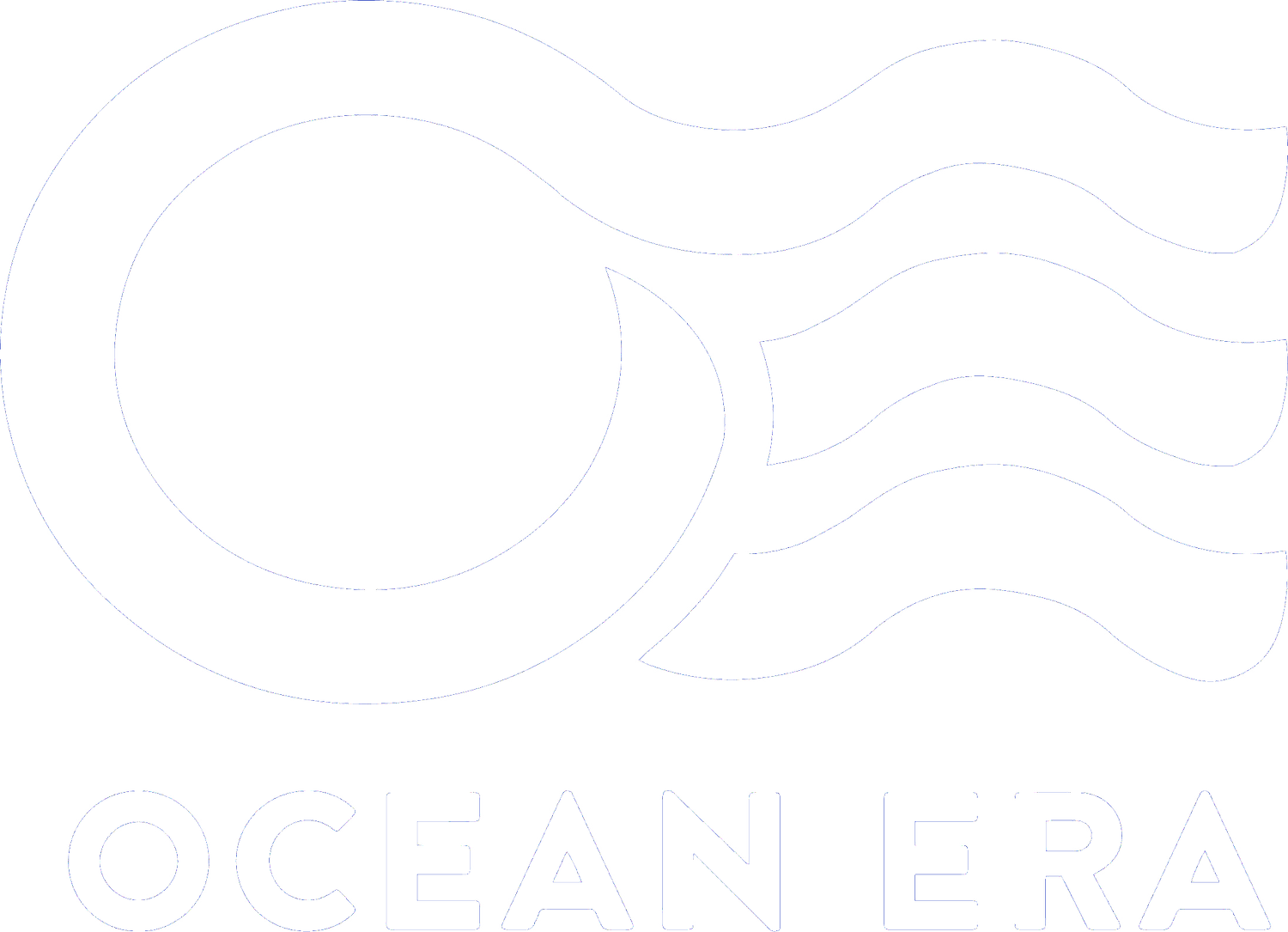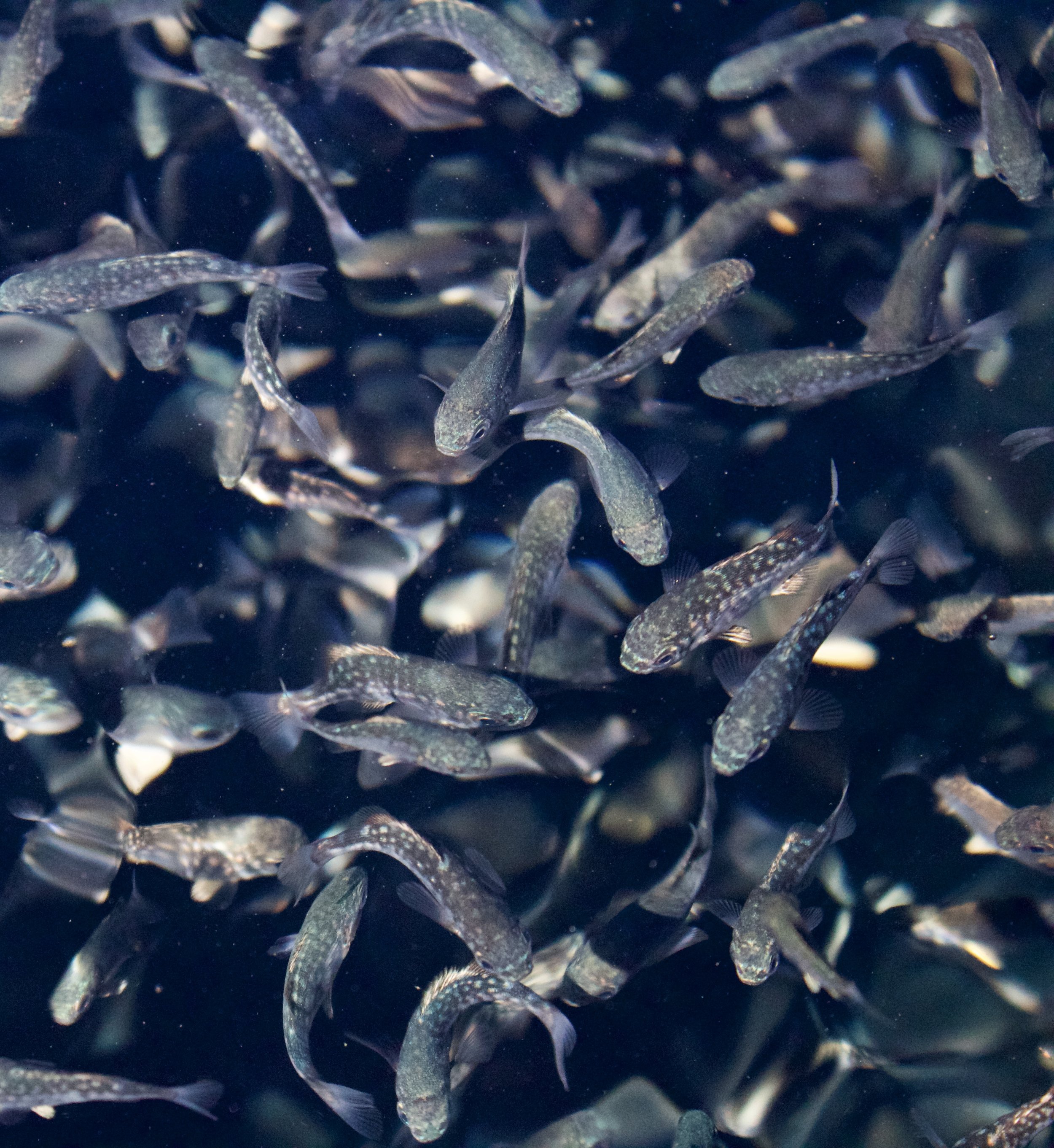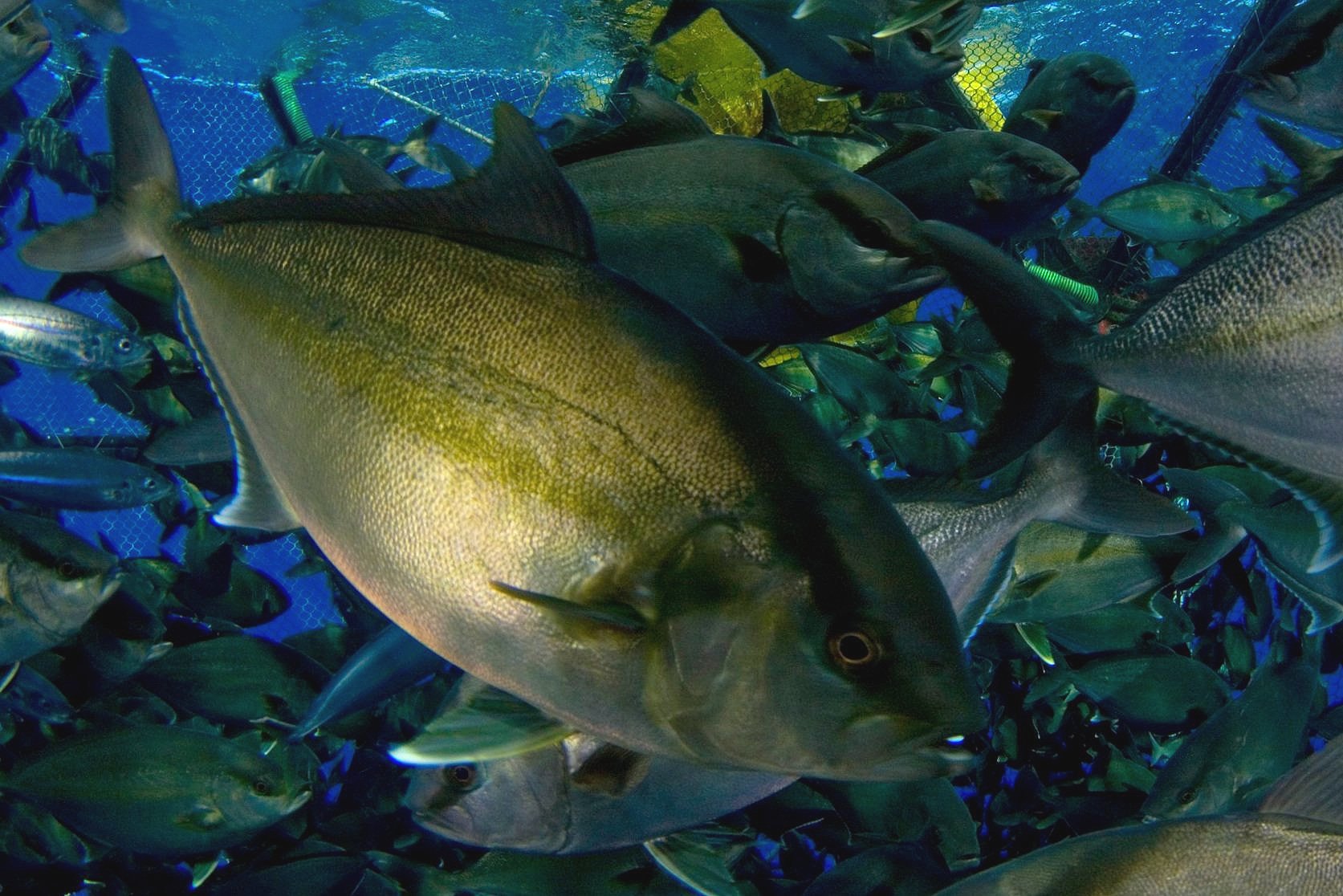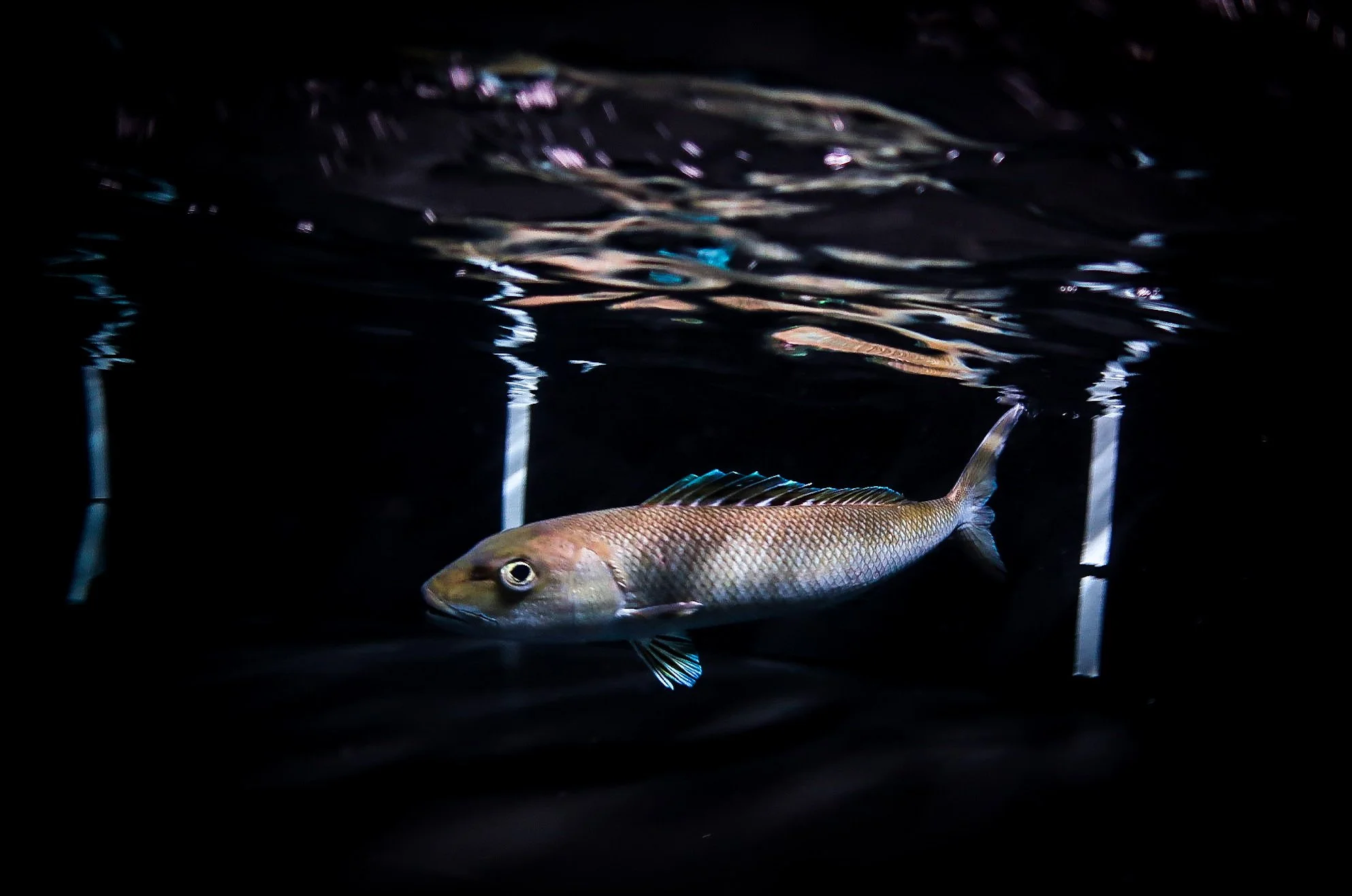Fish Research
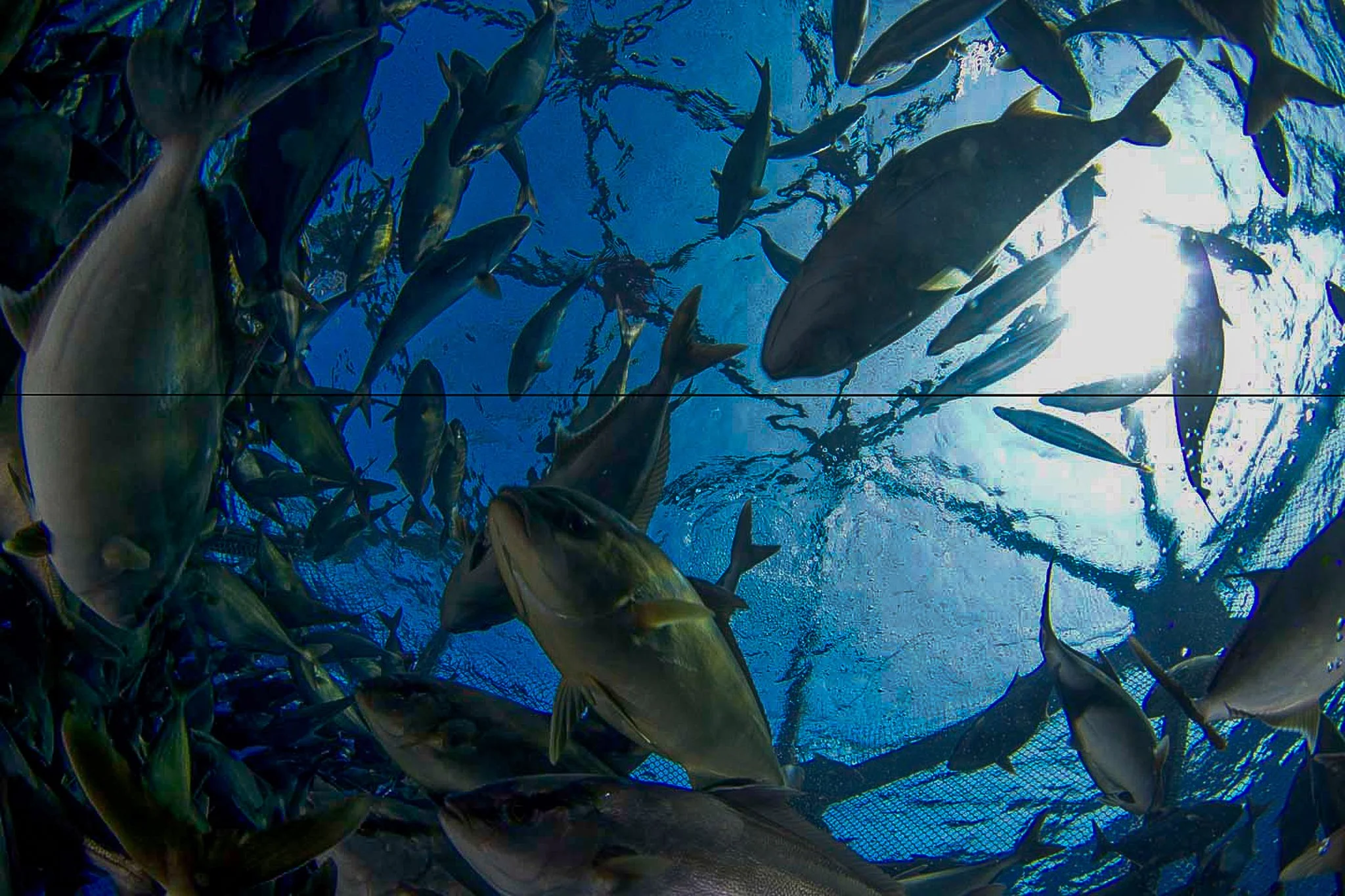

-
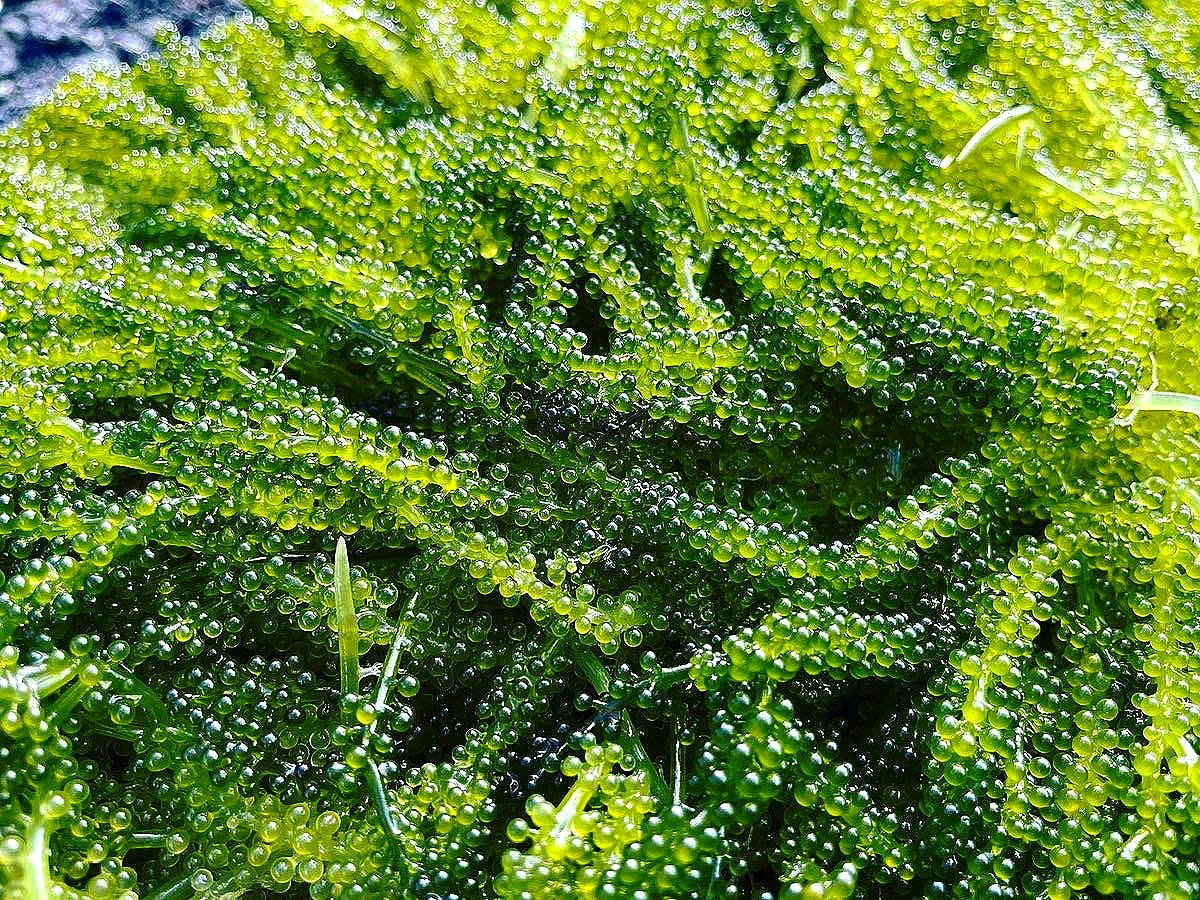
Our Products
Have you tried our “vegan caviar”?
-
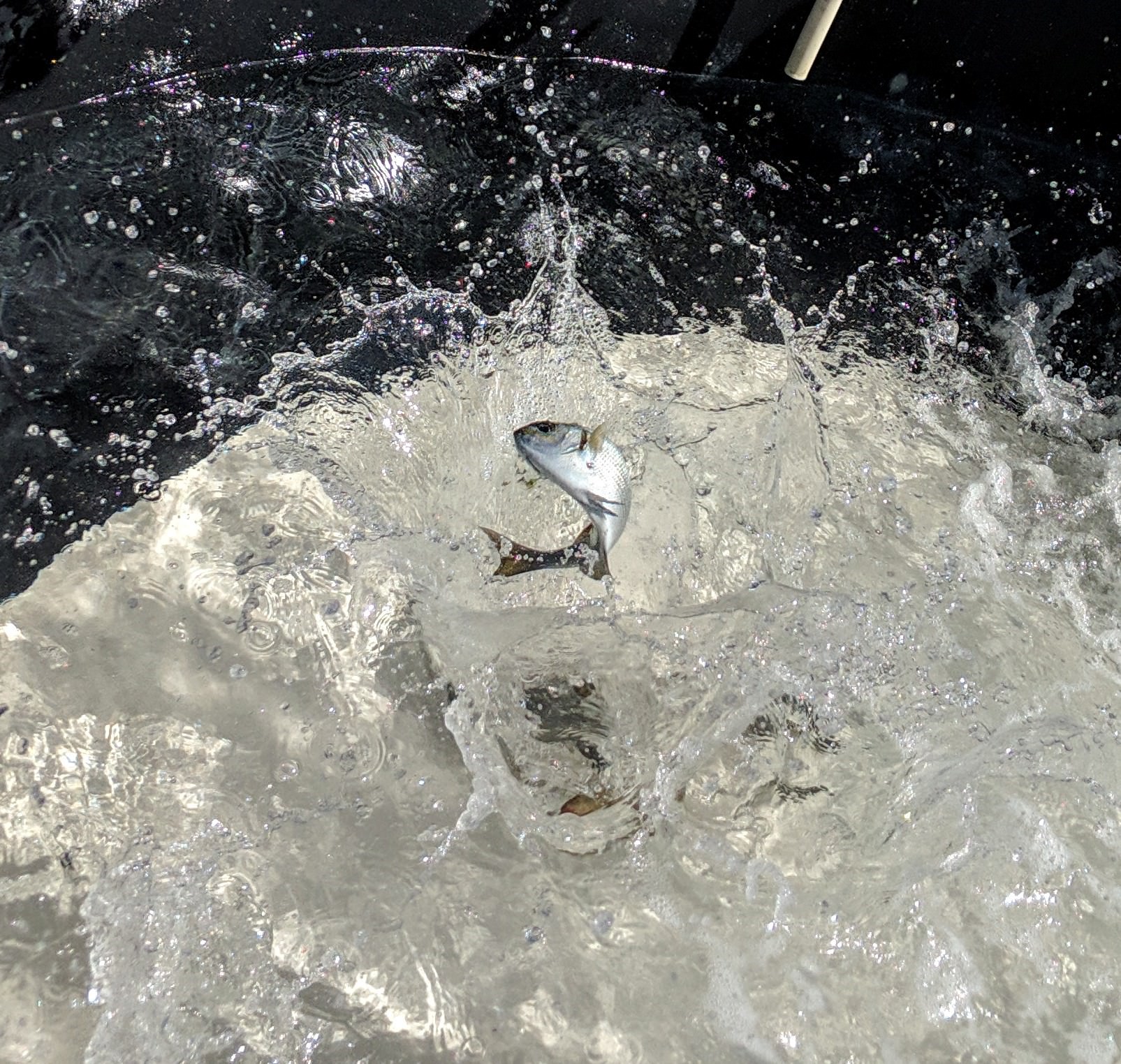
Our Research
From open ocean aquaculture to larval rearing.
-

Contact us
Located within the Natural Energy Laboratory of Hawaii main campus.
